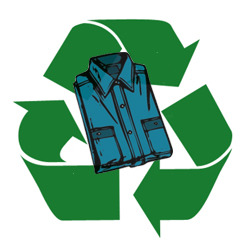 Food pantries generally request the following items: peanut butter (allergy alternatives are cashew butter and sunflower seed butter), canned meat (tuna, chicken, chili, ham), canned vegetables, 100% juice, dry pasta, canned or jarred spaghetti sauce, dry cereal (oatmeal, cream of wheat) meal makers (Hamburger Helper, Mac & cheese), packaged snacks (granola bars, fruit bars, crackers), toothpaste, toilet paper, bar soap, shampoo, and feminine hygiene products.
Food pantries generally request the following items: peanut butter (allergy alternatives are cashew butter and sunflower seed butter), canned meat (tuna, chicken, chili, ham), canned vegetables, 100% juice, dry pasta, canned or jarred spaghetti sauce, dry cereal (oatmeal, cream of wheat) meal makers (Hamburger Helper, Mac & cheese), packaged snacks (granola bars, fruit bars, crackers), toothpaste, toilet paper, bar soap, shampoo, and feminine hygiene products.
Clean out your cupboards and find foods that still have a good expiration date. Do you have 8 jars of jelly? Donate what you’ll never use. Did you accidentally buy spicy ketchup instead of your regular one? Donate it. If you live in an area with a large ethnic community consider donating packaged foods commonly associated with their traditional meals.
 Used but clean and non-tattered clothing are accepted by charities that resell them using the money to provide services to needy families and individuals. If you’d rather the clothes be given directly to someone rather than resold, contact a local shelter, orphanage, veteran center or place of worship. That pile of single socks you have would make someone else very happy. Now is a good time to go through your closet and dresser. We all have clothes that don’t fit or we never wear. Perhaps you bought newborn or children’s clothing but didn’t get around to shipping them to a friend/relative and the kid is too big for them now.
Used but clean and non-tattered clothing are accepted by charities that resell them using the money to provide services to needy families and individuals. If you’d rather the clothes be given directly to someone rather than resold, contact a local shelter, orphanage, veteran center or place of worship. That pile of single socks you have would make someone else very happy. Now is a good time to go through your closet and dresser. We all have clothes that don’t fit or we never wear. Perhaps you bought newborn or children’s clothing but didn’t get around to shipping them to a friend/relative and the kid is too big for them now.
With unemployment levels holding steady and even increasing, it’s extremely important that we help our neighbors. The truth is, one day, it could be you who needs the help.

Leave a comment